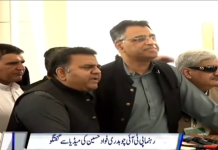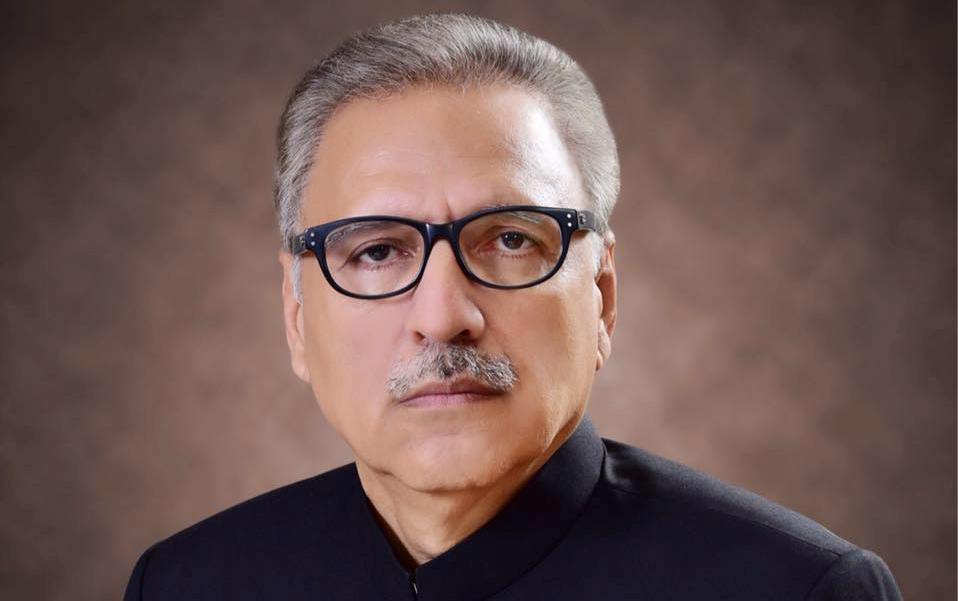مضمون کا ماخذ : 2 điểm về nhiều (MB)
متعلقہ مضامین
-
SC recommends AI guidelines for judiciary in landmark verdict
-
4-day GCED conference commences today
-
Pakistan, Italy agree to enhance bilateral relations
-
PAC for action against officials involved in diplomatic shuttle’s contract
-
Deceased boy, girl found inside car in Sargodha
-
Nawaz asked to take action against MQM chief
-
Pakistan Navy repulses Indian sneak submarine
-
Khan says opposition can unite under Zardari Panama case
-
پی ٹی آن لائن انٹرٹینمنٹ آفیشل اے پی پی کی خصوصیات اور فوائد
-
KM کارڈ گیم انٹرٹینمنٹ ٹرسٹڈ ویب سائٹ: تفریح اور کھیل کا بہترین پلیٹ فارم
-
ڈریگن لیجنڈ انٹیگریٹی انٹرٹینمنٹ پلیٹ فارم کا تعارف اور خصوصیات
-
شعلہ ماسک ایک قابل اعتماد تفریحی ویب سائٹ











